From the Executive Director: Week of March 2, 2020
2 Mar 2020, by Kristin Cundiff Share :This past week, the House voted 46-23 to approve House Bill 409. The bill now advances to the Senate where members of the Senate Local Government and Taxation Committee are negotiating amendments to replace the freeze language with a temporary cap in local government property tax budget increases. While no deal has been reached, there are a number of amendments being discussed, including:
- Instituting a hard 3% cap on annual property tax budget increases,
- Giving local governments the options of either budgeting only a 3% base property tax budget increase, budgeting only new construction property taxes, or budgeting only forgone property taxes, or
- Instituting a hard 4% cap on annual property tax budget increases.
The temporary budget caps will likely be in place for up to three years. An interim committee will also be established for the purpose of providing property tax relief and reforming the local government property tax budget process. While we don’t know what will be proposed by the interim committee, there will likely be discussion of the following:
- Truth in taxation (a process through which local governments provide notice of property tax budget increases and voters have an opportunity to roll back increases by a certain amount if they are not in favor of the increases),
- Establishing an annual property tax budget cap that is tied to a combination of annual inflation and annual population growth,
- Raising the sales tax and directing revenue increases to services currently supported by property taxes, thereby reducing property taxes,
- Urban renewal, and
- Property tax exemptions.
There is much more information to follow. Our immediate concern is working with the Senate on amendments to H0409. To that end, we plan on coordinating a “day at the Capitol” next week, inviting county officials to come to Boise to meet in groups with senators to discuss House Bill 409 and its impact on counties. Please contact IAC Policy Director Sara Westbrook (swestbrook@idcounties.org) if you are willing to come to Boise and meet with senators about H0409.
Two other legislative items of concern to counties are House Bill 533 and IAC’s whistleblower reform legislation. H0533 will likely be heard this week in the House Health and Welfare Committee. The proposal will divert between $6.5 and $7 million in sales tax revenue sharing away from counties to fund Medicaid expansion. In exchange for the reduction in revenue sharing, H0533 also repeals the county medical indigent program which will provide annual savings to counties of $12 to $14 million. The proposal also relieves counties of paying for involuntary mental health commitments for individuals qualifying for Medicaid, potentially saving an additional $4 to $5 million.
Lastly, House Bill 430, legislation sponsored by IAC to institute a cap on awards of non-economic damages in whistleblower proceedings, will be reintroduced today as a new bill, with a full hearing scheduled for tomorrow in the House Judiciary and Rules Committee. Please reach out to your legislators in support of instituting a cap on noneconomic damages in whistleblower proceedings. Capping damages will provide tax relief to local taxpayers. Talking points for whistleblower reform are below:
- IAC supports a cap on non-economic damages for whistleblower claims against government entities.
- For your background, economic damages are monetary losses like medical bills, lost income, loss of earning capacity, and out-of-pocket costs. Non-economic damages are things like pain and suffering, inconvenience, or other nonpecuniary injury.
- Idaho’s whistleblower act gives government employees a cause of action against the government for retaliation when they communicate or participate in investigations related to waste or a violation of law.
- Recently, the Idaho Supreme Court in Eller v. Idaho State Police (2019) decided that the Tort Claims Act cap did not apply to damages for whistleblower claims against the State. In that case, the plaintiff was awarded approximately 1.5 million dollars in non-economic damages.
- IAC supports capping non-economic damages to $370,000 with an annual index for inflation.
- The cap on non-economic damages strikes a balance between awarding plaintiffs and protecting taxpayer revenue.
As always, thanks for all you do. IAC is only as strong as our membership. I appreciate all the work each of you have done in working with your legislators on legislation impacting counties. Please keep up the good work.






